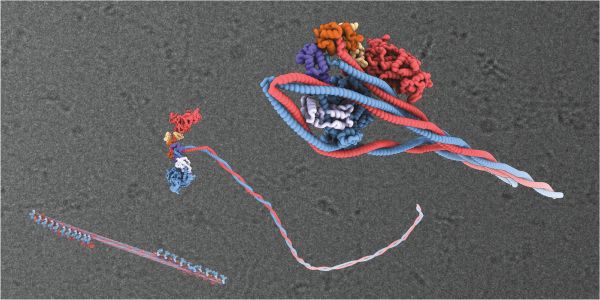
Child cancer patients at no greater risk of severe COVID-19 infection
Results from a study of children with cancer who tested positive for COVID-19 has found they were not at an increased risk of getting a severe coronavirus infection.

Results from a study of children with cancer who tested positive for COVID-19 has found they were not at an increased risk of getting a severe coronavirus infection.

A new less invasive treatment is safer than standard major surgery for early-stage rectal cancer, giving patients a better quality of life with fewer life-altering side effects, a pilot study shows.

University of Leeds research has shown how microbubbles carrying powerful cancer drugs can be guided to the site of a tumour using antibodies.

A new study shows that strong and rapid action to cut emissions of carbon dioxide and other greenhouse gases will help to slow down the rate of global warming over the next 20 years.

Investment in small, new innovative companies in the UK collapsed by a third during the COVID-19 pandemic, damaging the prospects of thousands of high-growth firms.

The impact of the coronavirus pandemic on our society and how we may recover from it will be explored by University of Leeds academics in a series of online sessions.

A new study suggests that COVID-19 guidance in Sweden may have reduced people’s risks of having a heart attack.

A visualisation made from nearly 100,000 electron microscope images has revealed the ingenious way a protein involved in muscle activity shuts itself down to conserve energy.

A large international study has revealed that the genetic risk of pre-eclampsia, a potentially dangerous condition in pregnancy, is related to blood pressure and body mass index (BMI).

A major review of palliative care services around the world has highlighted huge inconsistencies in provision, with patients in some countries receiving a fraction of the support provided elsewhere.